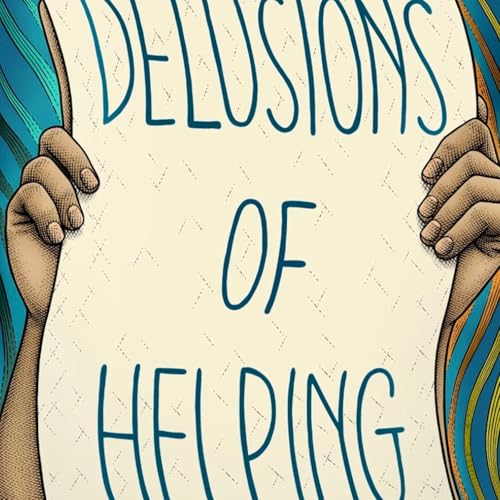- A small group of undocumented workers were fired from a 24/7 venue, but instead of seeking other employment opportunities within the facility, they convinced a larger group of approximately 50 workers to strike and quit
- News media arrived with helicopters, incorrectly reported that the entire workforce was fired, and published inaccurate information that went viral online, generating thousands of comments and political reactions from both sides
- The federal government's aggressive stance on undocumented workers is criticized as unnecessary, as these individuals are contributing to society and seeking productive work rather than causing problems
- The fired workers' decision to organize a strike is described as counterproductive, as it put other workers' jobs at risk, increased scrutiny of the venue, and potentially attracted ICE attention rather than solving their employment situation
- The news media is criticized for sensationalizing a routine HR matter, reporting inaccurate information, and framing the story as an injustice without proper context or fact-checking
- Online commenters from the liberal California community are described as privileged and engaging in virtue signaling without offering practical help to the affected workers or understanding the legal complexities faced by the employer
- Many online commenters misunderstood what "sanctuary city" status means, incorrectly believing it protects undocumented workers from employment verification requirements when it only prevents local government from sharing information with immigration authorities
- Commenters praising the firings are criticized for lacking empathy toward workers who are simply trying to earn a living doing difficult jobs, often at lower wages due to their undocumented status
- The corporation managing the venue could have handled the situation better with a thoughtful public statement acknowledging compliance with federal laws while expressing empathy for affected workers
- The management team on the ground likely had no choice but to follow corporate directives and federal requirements regarding I-9 compliance, despite facing operational challenges from the strike and PR crisis
- The situation ultimately helped no one - fired workers still need income, remaining workers face increased scrutiny, management faces operational challenges, and only the news media benefited through increased engagement
 Aug 30 202521 mins
Aug 30 202521 mins Aug 20 202527 mins
Aug 20 202527 mins Aug 19 202513 mins
Aug 19 202513 mins Aug 15 202525 mins
Aug 15 202525 mins Aug 14 202526 mins
Aug 14 202526 mins 5 mins
5 mins 5 mins
5 mins 5 mins
5 mins
